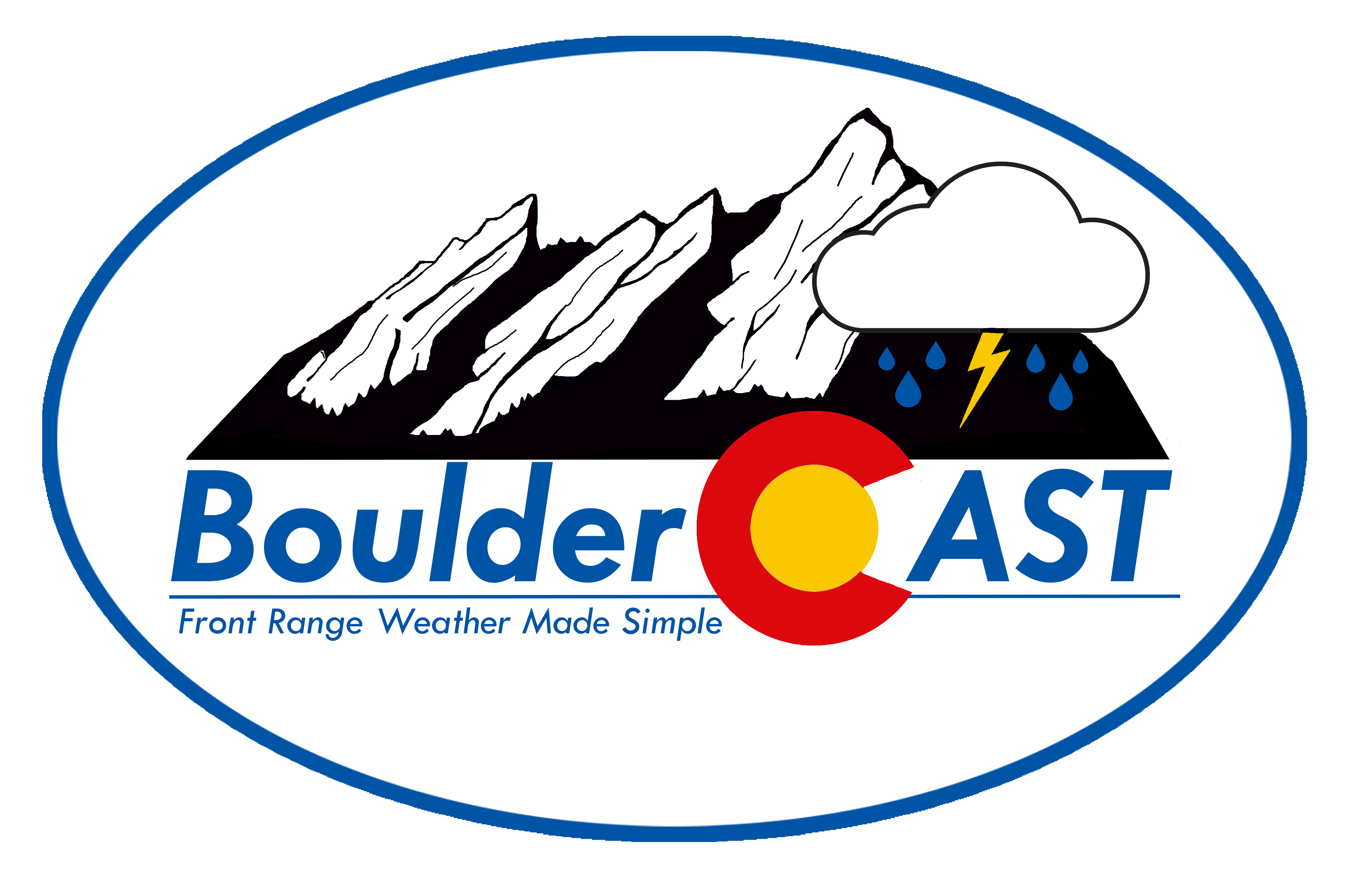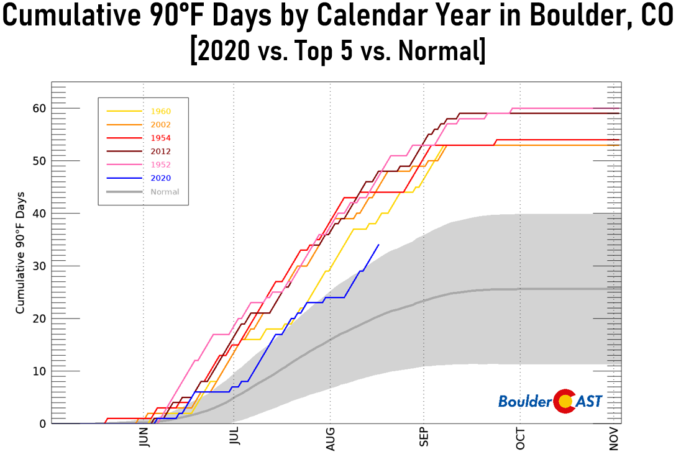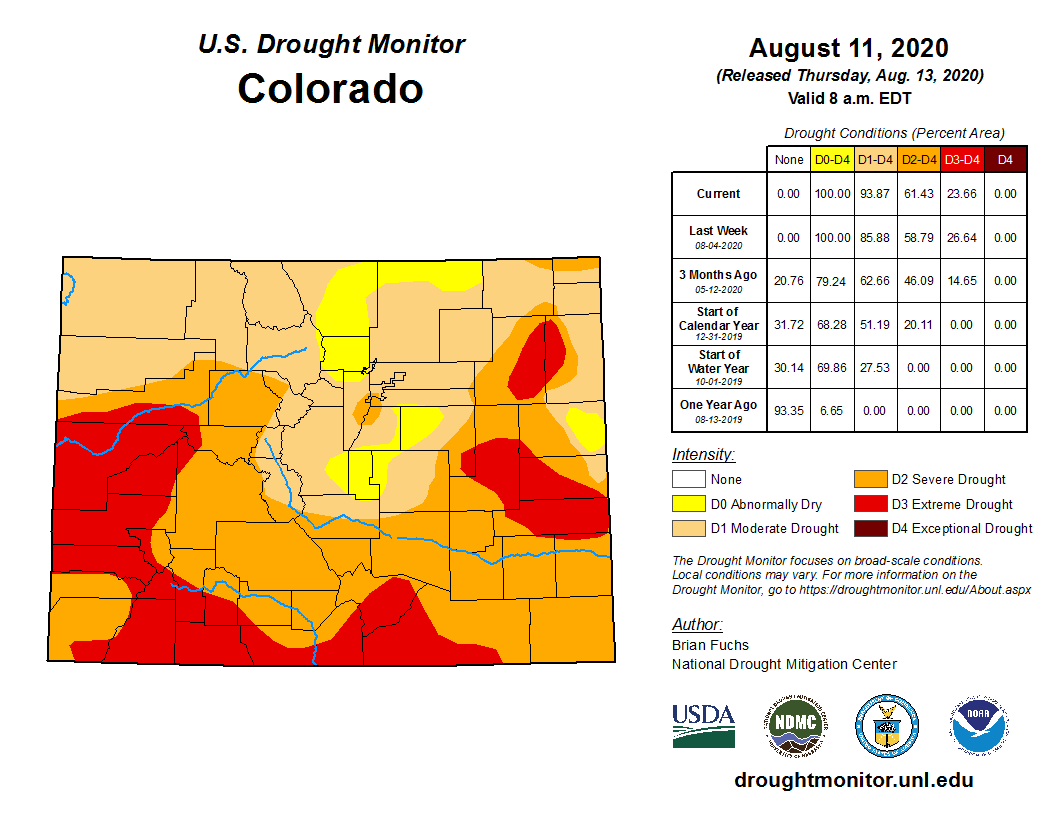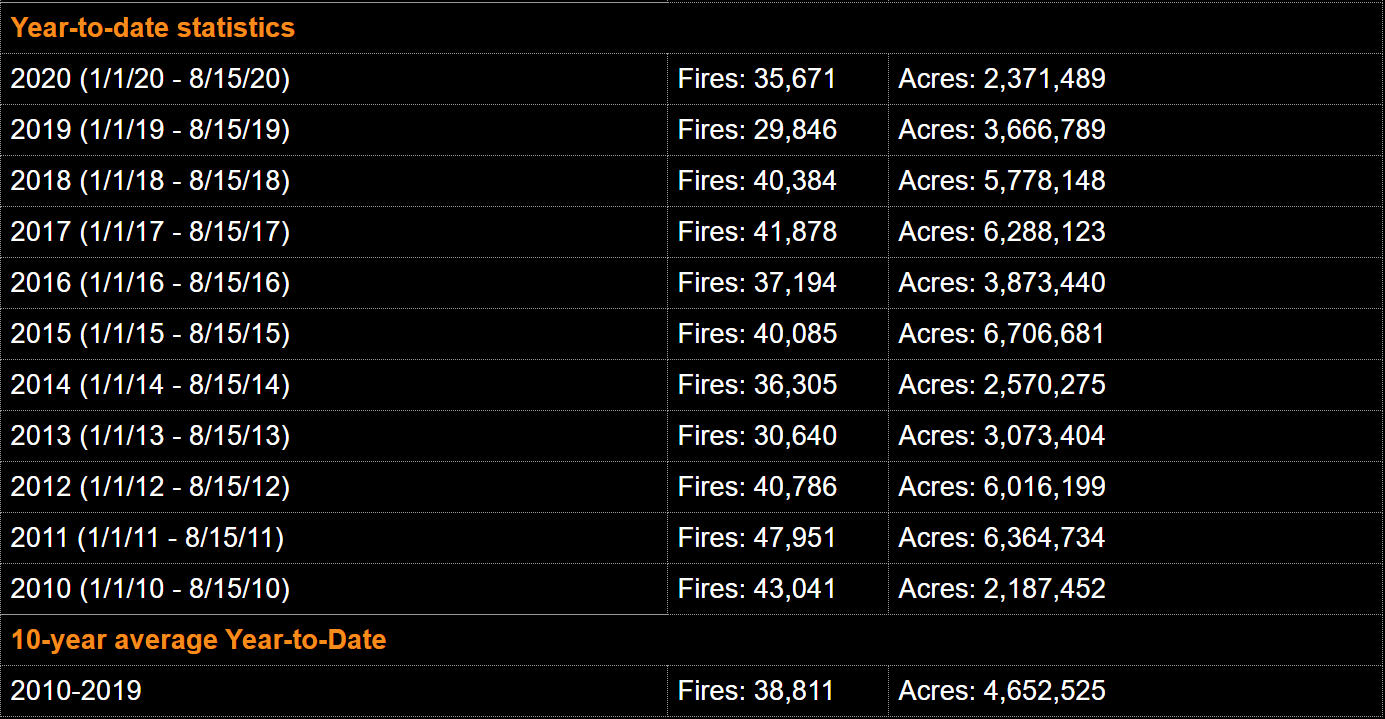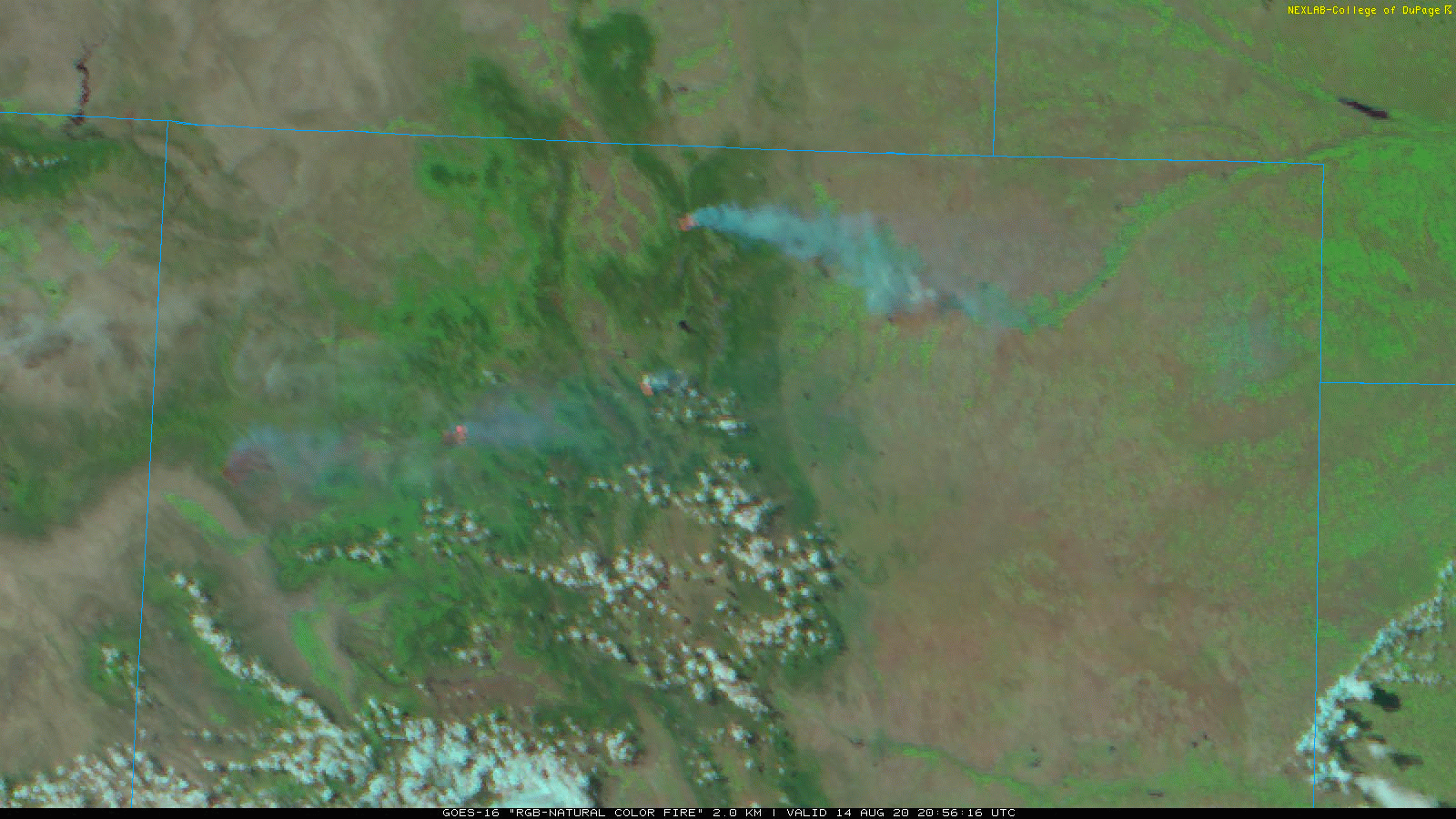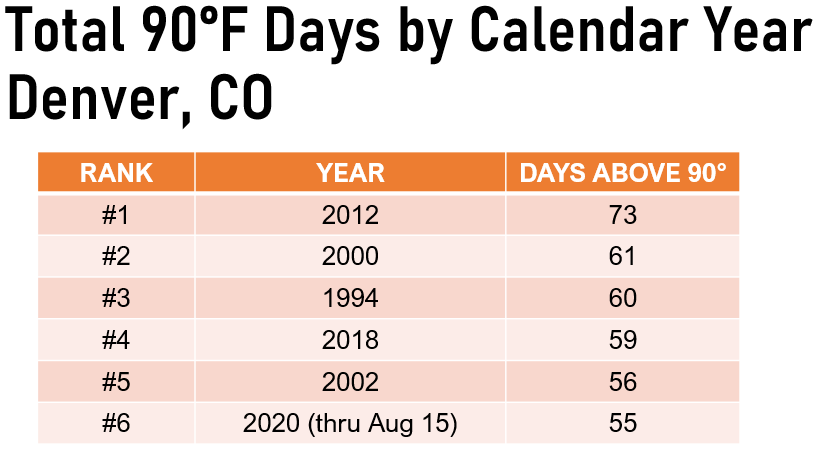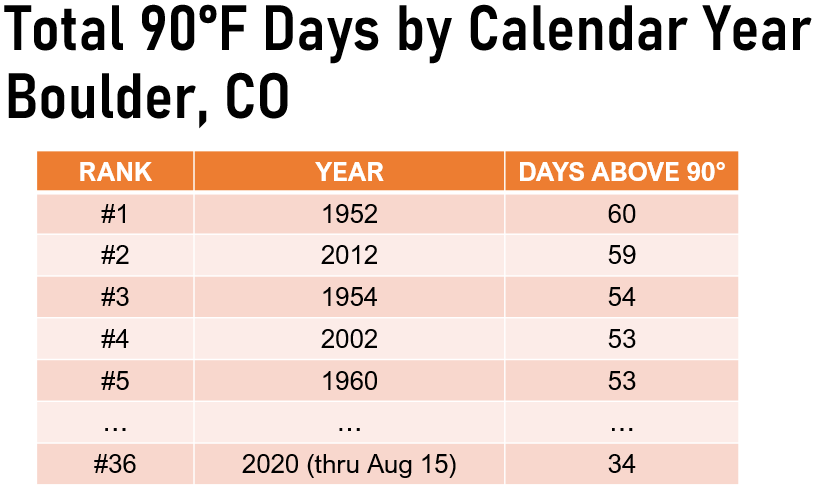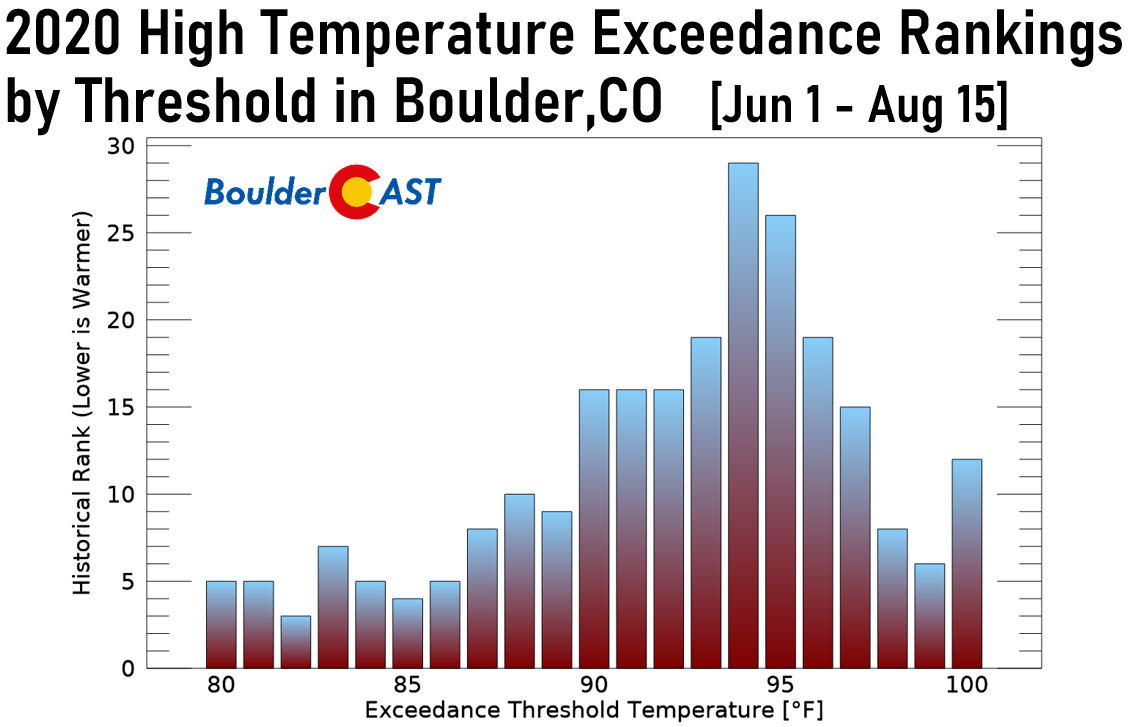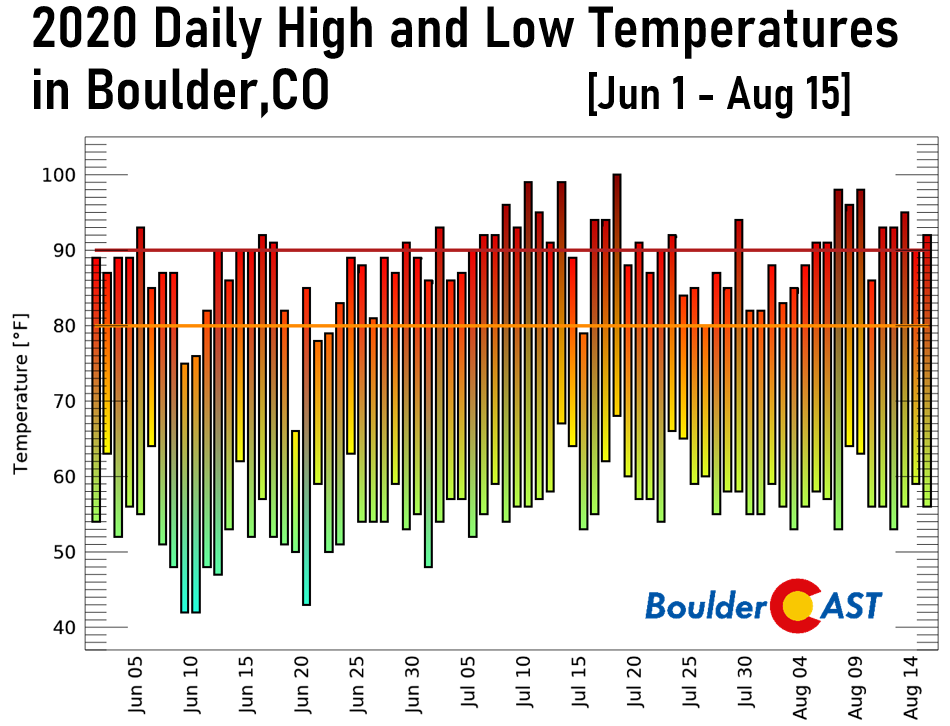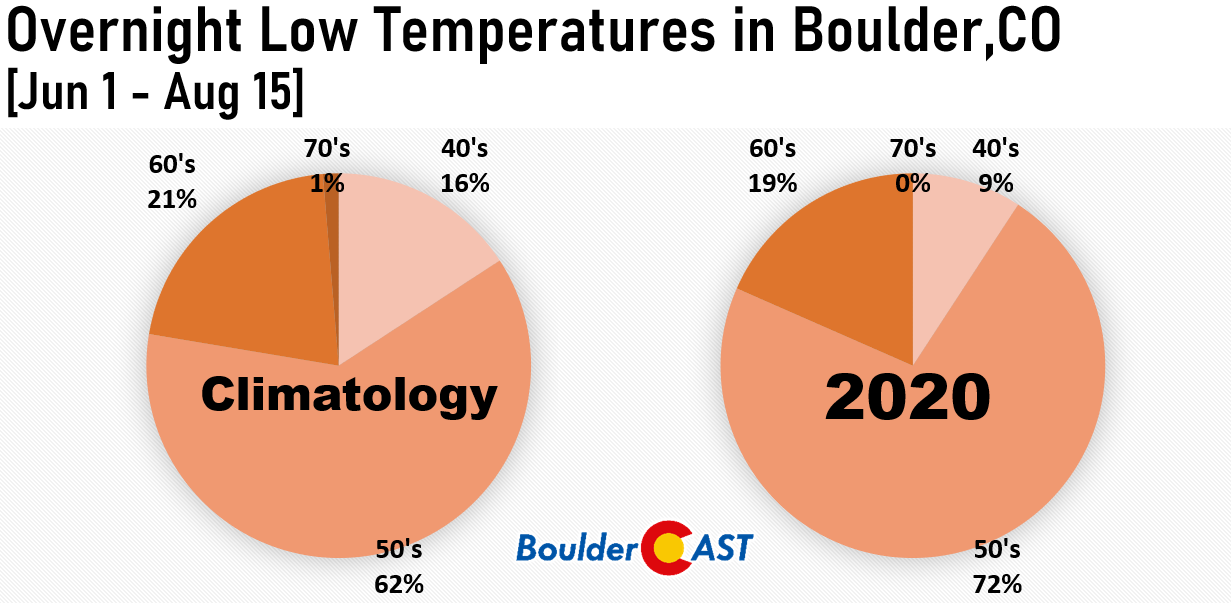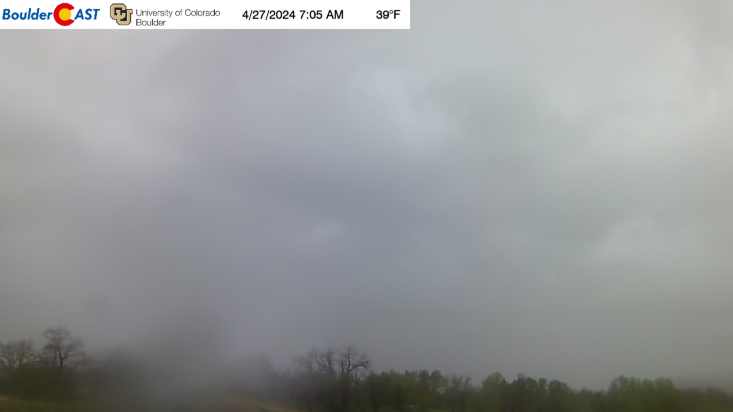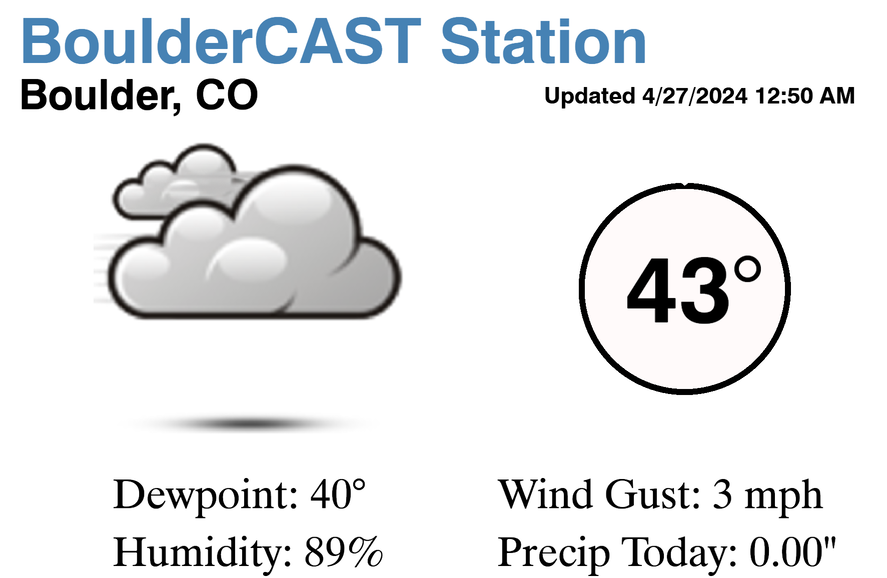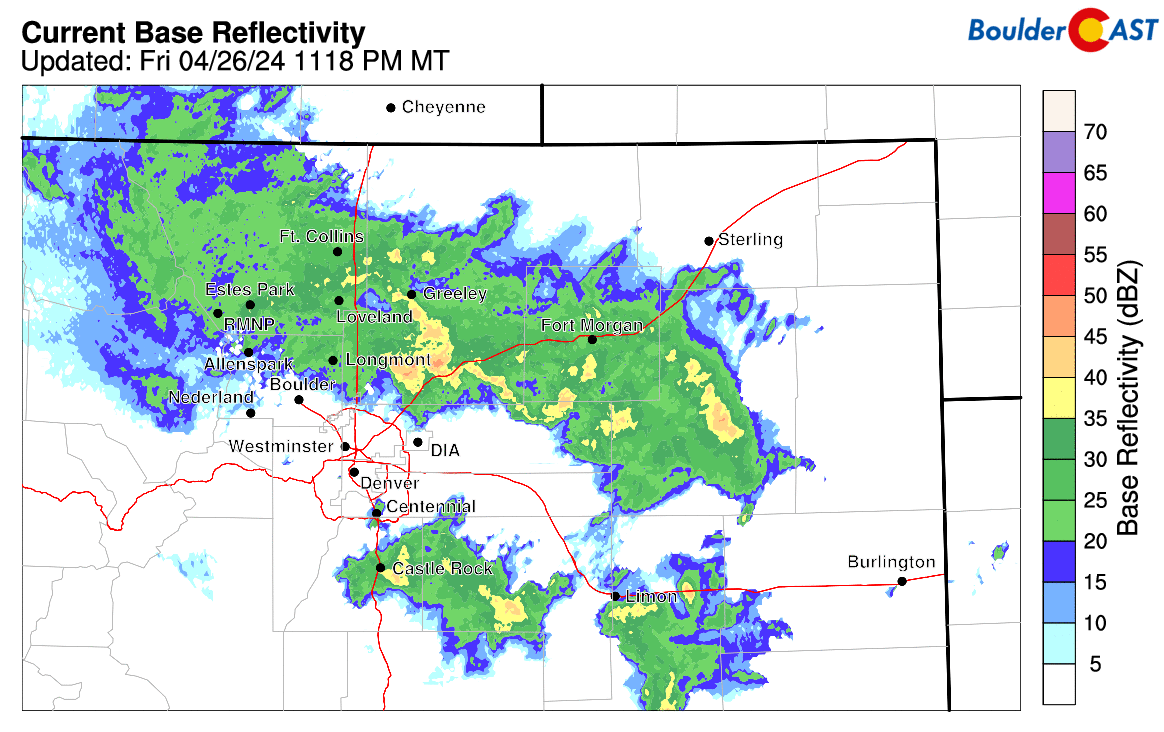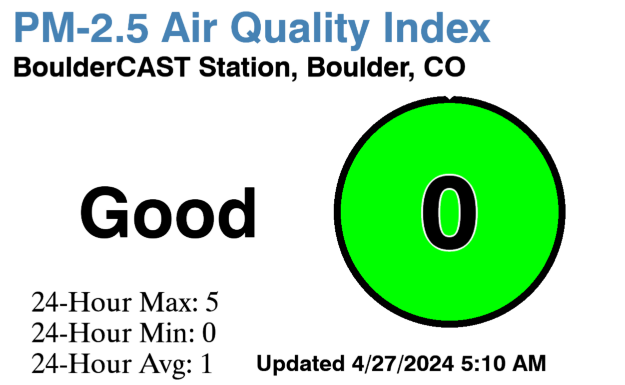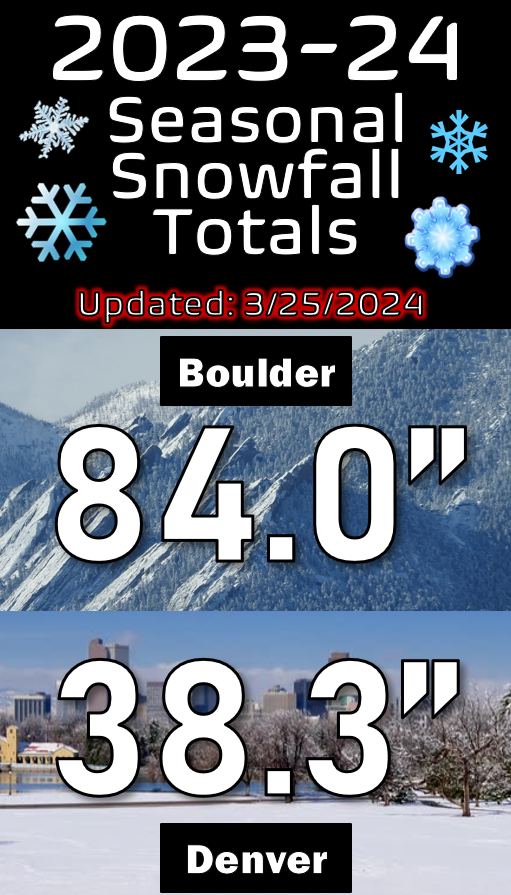Tired of hearing about the 90’s? Too bad! Let’s talk a little bit about the summer’s heat so far in Boulder.
At a Glance:
- Hot, dry and smoky conditions have persisted all summer long
- Boulder’s 90-degree day count is well below Denver and is not historic
- 2020’s heat has been significant in other ways in Boulder, though
Help support our team of Front Range weather bloggers by joining BoulderCAST Premium. We talk Boulder and Denver weather every single day. Sign up now to get access to our daily forecast discussions each morning, complete six-day skiing and hiking forecasts powered by machine learning, first-class access to all our Colorado-centric high-resolution weather graphics, bonus storm updates and much more! Or not, we just appreciate your readership!
T
here is no doubt about it: this summer has been hot and dry across all of Front Range Colorado. At this point, you’re probably tired of even hearing mention of those words. Unfortunately, it’s been hard to describe our weather any other way since mid-June with frequent high pressure systems developing and sitting over the southwestern United States. The mental impacts of the hot weather on all of us have been exacerbated by the pitiful five-day showing from the summer monsoon which we can usually count on to produce daily rainfall and those cool and gusty afternoon outflows. Monsoon Season 2020 somehow managed to be even more disappointing than 2018. The city of Boulder has reported only about one inch of rainfall in the last eight weeks (since June 22nd). Normally, more than 3.5″ should accumulate during this period.
The entire state has been impacted by the lack of monsoon moisture this summer, not just our area. The Mountains count on the moisture, too. In fact, even more so than the lower elevations. Thus, it’s no surprise that drought classifications now encompass 100% of our state, something that hasn’t happened in more than a decade.
We’ve been dealing with intermittent smoke from various wildfires across the Four Corners region since mid-June. However, despite the rampant drought across the West, wildfire destruction has been below normal in 2020 compared to other years. So far through August 15th, only 2.3 million acres have burned compared to a year-to-date normal of 4.7 million acres. Given the parched vegetation, we attribute this calmer fire season to less lightning (some good coming from no monsoon) and a lower number of careless campers due to the pandemic.
Until recently, most of the large wildfires have been outside of Colorado. This quickly changed in the last two weeks with four fires larger than 1000 acres now burning across the Rocky Mountain State. This is the view from GOES-East this past Friday.
The smoke has been very thick at times raising air quality concerns.
The air is GROSS this morning! Check the latest air quality in Boulder: https://t.co/fSikcPUfbH#COwx #AirQuality #Boulderwx pic.twitter.com/C8mucv6ciE
— BoulderCAST Weather (@BoulderCAST) August 13, 2020
There has even been intermittent ash falling from the sky across the Denver Metro area.
Lots of ash is falling from the sky today from the fire west of Fort Collins. Anyone else notice this? #ash #smoke #cowx pic.twitter.com/oXbvTZYCln
— BoulderCAST Weather (@BoulderCAST) August 14, 2020
In any case, the focus for the rest of this post will be on the hot weather we’ve endured so far this summer. If you haven’t heard, Denver should enter the Top 5 ranking for 90-degree days later today. Through August 15th, Denver has had 55 days at or above 90 degrees.
Boulder doesn’t typically get quite as hot as Denver (especially DIA), so it’s no surprise that Boulder is trailing well behind in scorching days. So far in 2020, Boulder has had a more modest 34 days at or above 90 degrees. This puts 2020 at a rank of 36th for Boulder with records dating back to the late 1800’s. The average year-to-date count is around 21 days.
A cumulative timeline of those top five finishing years and 2020 is shown below. While we’ve had an above normal amount of 90-degree days cumulatively throughout most of the summer, it’s been far from historic.
While still impressive, looking only at 90-degree days doesn’t reaffirm our feeling about just how warm it has been this summer. If we take a look at all possible temperature exceedance thresholds, we see other signs of just how persistently hot this summer has been. See the graphic below. Remember, low rankings indicate warmer conditions. Through August 15, Boulder is on pace for a “Top 10” finish for exceeding every single temperature under 90-degrees.
What does this really mean though? We’ll for one, it indicates very few days this summer have been below normal. With high pressure in stern control, there have been few stronger cold fronts to reach northeast Colorado. While they are fairly rare during the summertime months, we’d still typically expect a handful to occur throughout the summer. That just hasn’t happened this year, at least not since mid-June. All but one of the sub-80-degree days this summer occurred in the first half or so of June. Since then, the heat has been on with very little true reprieve. It’s the nice mix of cooler days throughout the summer that helps take the bite out of just how hot our summers typically are.
That’s all for now. Check back tomorrow for our usual weekly outlook. A sneak peak: the heat is going no where anytime soon. Have a good rest of the weekend!
Help support our team of Front Range weather bloggers by joining BoulderCAST Premium. We talk Boulder and Denver weather every single day. Sign up now to get access to our daily forecast discussions each morning, complete six-day skiing and hiking forecasts powered by machine learning, first-class access to all our Colorado-centric high-resolution weather graphics, bonus storm updates and much more! Or not, we just appreciate your readership!
.
Subscribe to receive email notifications for BoulderCAST updates:
We respect your privacy. You can unsubscribe at any time.
Spread the word, share this BoulderCAST post:
.
